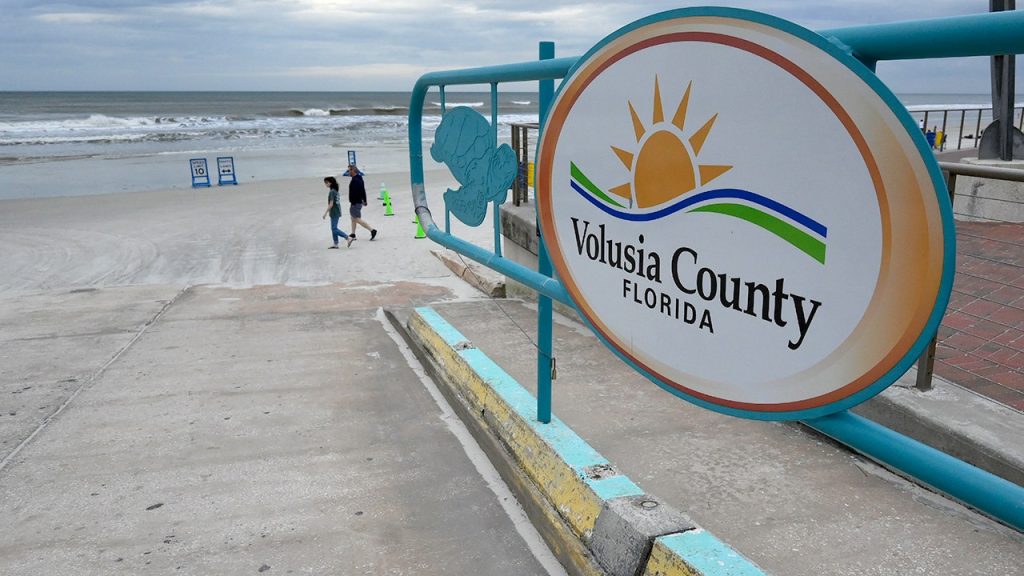Florida, specifically Volusia County, is known as the shark capital of the world. The Florida Museum of Natural History’s International Shark Attack File has found that the most unprovoked shark attacks in the world have occurred in this area, with 351 attacks since 1882. Brevard County follows with 158 attacks, and Palm Beach with 83. Unprovoked attacks are incidents where a bite on a live human occurs in the shark’s natural habitat with no provocation from the human. Most shark attacks have happened in September since 1926, with July, August, and October also being common months for attacks in Florida. In 2023, there were 36 confirmed unprovoked attacks in the U.S., a decrease from the 41 recorded in 2022.
Australia had the second-most attacks in the world last year with 15, after Florida, which had 16 total shark bites recorded. Hawaii had eight unprovoked bites in 2023, New York had four, North Carolina had three, California and South Carolina had two, and New Jersey had one. The majority of those who fell victim to shark bites last year were either surfing or participating in board sports, making up 42% of attacks in 2023. Swimming or wading accounted for 39% of attacks, snorkeling or free-diving for 13%, and 6% were categorized as “other.” It is important to take safety precautions while entering the water, especially in areas known for higher rates of shark attacks.
When swimming in shark-prone areas, some safety measures outlined by the Florida Museum of Natural History include swimming with a buddy, not straying too far from shore, avoiding swimming at dawn or dusk, avoiding areas with schools of fish or where people are fishing, avoiding wearing shiny jewelry, and minimizing excess splashing. These precautions can help reduce the risk of a shark attack. It is also important to be aware of the most common months for attacks and the activities that have the highest risk of encounters with sharks, such as surfing and board sports. By following these safety tips and being informed about the risks, individuals can enjoy the water while minimizing the chance of a shark attack.
It is essential to understand the behavior of sharks and their habitats to avoid and survive an attack. Sharks are most active during dawn and dusk, so avoiding swimming during these times can help reduce the risk of encountering one. Additionally, sharks are attracted to schools of fish and shiny objects, so avoiding areas with these characteristics can also lower the chance of an attack. By being aware of the potential dangers and taking precautions while in the water, individuals can decrease their risk of a shark bite. The Florida Museum of Natural History provides valuable information on shark safety measures to help people enjoy the water safely.
Despite the high number of unprovoked shark attacks in Florida, there are ways to minimize the risk of encountering one. By following safety tips provided by experts, such as swimming with a buddy, avoiding areas with schools of fish, and not straying too far from shore, individuals can reduce the likelihood of a shark attack. Being informed about the behavior of sharks and their habits can also help people make smart choices while in the water. With the right precautions and knowledge, individuals can enjoy swimming and other water activities while minimizing the risk of a shark encounter.
In conclusion, Florida, particularly Volusia County, is known for having the highest number of shark attacks in the world. Unprovoked attacks are incidents where a shark bites a human without any provocation. The Florida Museum of Natural History provides valuable information on shark safety measures, including swimming with a buddy, avoiding areas with schools of fish, and not swimming at dawn or dusk. By being informed and following these precautions, individuals can enjoy the water while reducing the risk of a shark encounter. It is also important to be aware of the activities that have the highest risk of shark encounters, such as surfing and board sports, to take appropriate safety measures.


